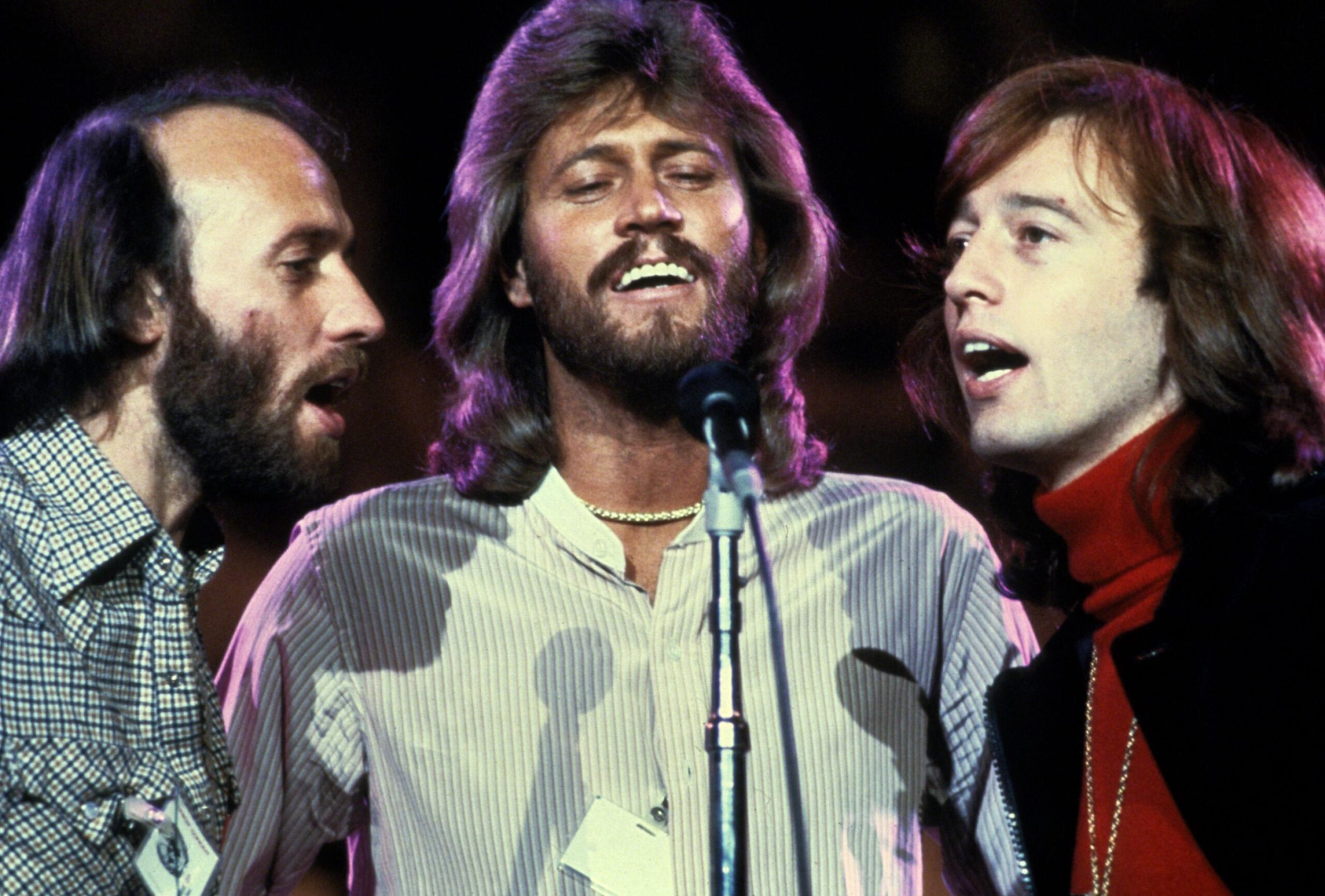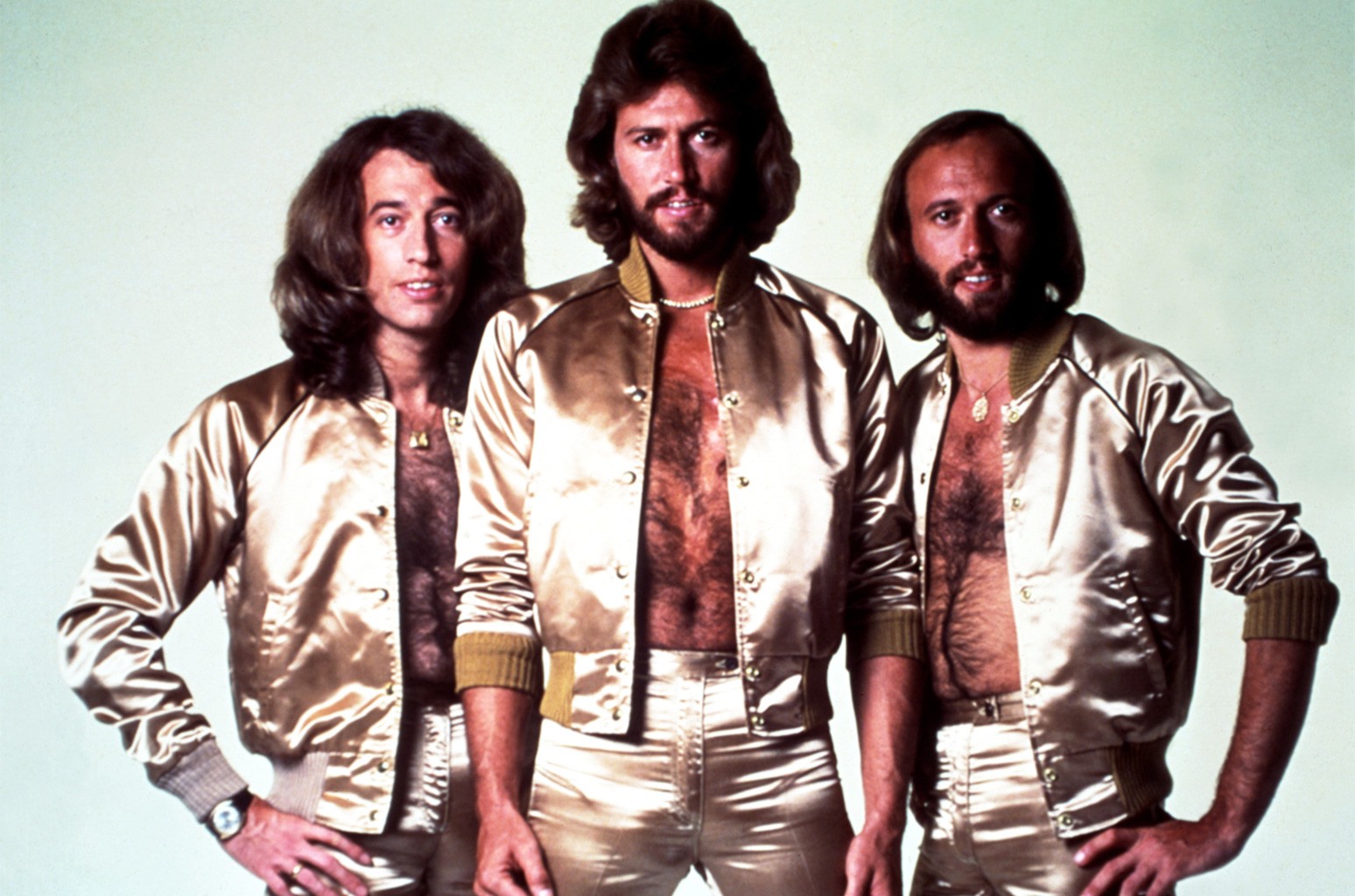The Bee Gees, a name that once dominated global charts and redefined pop and disco music, were more than just a band—they were brothers bound by harmony and heartache. Barry, Maurice, and Robin Gibb rose to fame in the late 1960s and became icons of the 1970s. But behind their success lies a turbulent story of loss, reinvention, and family pain.
Born on the Isle of Man, the Gibb brothers were raised in Manchester before emigrating to Australia in 1958. It was there that their musical journey began in earnest, forming the Bee Gees and quickly gaining attention for their angelic harmonies and soulful songwriting. Their early hits like “New York Mining Disaster 1941” and “To Love Somebody” earned them international acclaim.
But it was the disco era of the late 1970s that catapulted the Bee Gees into superstardom. With the Saturday Night Fever soundtrack, they became cultural titans, delivering timeless tracks like “Stayin’ Alive,” “How Deep Is Your Love,” and “Night Fever.” At their peak, they held five of the top ten spots on the Billboard Hot 100—a feat few artists have matched.
Despite their fame, personal challenges haunted the brothers. Internal conflicts, the pressure of fame, and substance issues led to brief separations and solo projects. Maurice struggled with alcoholism for years, while Robin faced his own demons in the public eye. Barry, the eldest, often acted as the glue holding the group together.

The first major blow to the Bee Gees came with the sudden death of their younger brother Andy Gibb in 1988 at just 30 years old. Though not an official Bee Gee, Andy’s pop success and close bond with his brothers made his loss devastating. He died of myocarditis, worsened by years of substance abuse, and left a painful void in the Gibb family.
Maurice Gibb’s death in 2003 was another heartbreaking chapter. He died at age 53 due to complications from a twisted intestine, leaving Barry and Robin to carry on without him. The suddenness of his passing shocked fans and musicians alike, as he had remained active and creative until the very end.
Robin Gibb continued performing solo and made a courageous comeback despite battling cancer. His last years were marked by both optimism and suffering, as he vowed to return to the stage even while undergoing chemotherapy. Tragically, he passed away in 2012 from liver and kidney failure, leaving Barry as the last surviving member of the Bee Gees.
Barry Gibb has carried the legacy of his brothers with grace and sorrow. The loss of his siblings has left him deeply emotional, often breaking down in interviews and concerts while performing their classic songs. In his own words, he described being the last Gibb brother as a “curse” that he would never wish on anyone.

Despite his grief, Barry has honored the Bee Gees’ memory by returning to the stage and releasing solo material. In 2021, he released Greenfields, a country-inspired tribute album featuring collaborations with stars like Dolly Parton and Keith Urban. The project was both a reinvention and a heartfelt homage to the band’s legacy.
The Bee Gees’ story is one of both triumph and tragedy. They sold over 220 million records, earned Grammys, and influenced generations of musicians. Yet their personal lives were marked by loss, addiction, and emotional battles few fans ever saw.
Today, their influence continues to be felt in pop culture, film, and television. Their songs are sampled by modern artists, played at weddings and funerals, and remain fixtures on radio stations around the world. Younger audiences continue to discover their timeless melodies, keeping the Bee Gees’ flame alive.
But what really happened to the Bee Gees? Beyond the fame and glitter lies a story of extraordinary brotherhood, broken dreams, and unshakable loyalty. They were not just entertainers—they were storytellers, survivors, and above all, a family.

For Barry, every performance is a tribute. Every note he sings carries the voices of Robin and Maurice, echoing through time. The Bee Gees may be gone in body, but their music—and the bond that created it—remains immortal.
Their saga reminds us that behind every spotlight is a shadow, and within every harmony is a history. What really happened with the Bee Gees isn’t just about what they achieved, but what they endured—and how they never stopped loving the music or each other.
As long as “Stayin’ Alive” plays, so too will the legacy of three brothers who defined an era and changed the sound of pop forever.